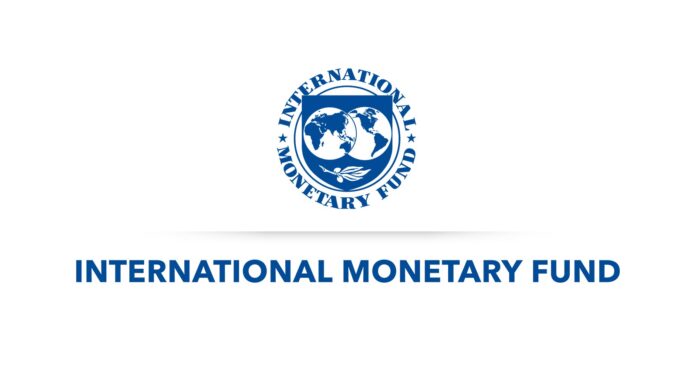The International Monetary Fund (IMF) says Africa is at a turning point, having experienced a multiple of shocks that led to many economies into crisis in the past four years.
“The region is at a turning point. With the right policy choices today, I am confident that this moment could set the stage for this century to be the African century,” said, Mr Abebe Aemro Selassie, Director, African Department.
He was speaking at the IMF Regional Economic Outlook for Africa in Washington, US, on Friday, April 2024, and monitored by the Ghana News Agency.
The continent recorded a negative economic growth of -1.6 per cent in the 2020 pandemic, era, but have since returned to a positive growth path, though fluctuating.
First Deputy Managing Director Gita Gopinath, Managing Director Kristalina Georgieva, IMFC Chair Saudi Finance Minister Mohammed Al-Jadaan and Finance Minister of Spain Nadia Calvino attend the IMFC Plenary during the 2024 Spring Meetings of the World Bank Group and International Monetary Fund in Washington on April 19, 2024. IMF Photo / Lewis Joly
Africa’s Gross Domestic Product (GDP), which was 4.7 per cent in 2021, reduced to 4.0 per cent in 2022, declining more to 3.4 per cent in 2023, but 2024 would see a 3.8 GDP, and 4.0 per cent in 2025 for Africa per IMF projections.
“These are encouraging signs. But the region is not out of the woods yet. So sustaining reforms will be important for macroeconomic conditions to continue to improve,” Mr Selassie said.
He noted that sustaining economic gains would ensure that countries in the region could build their resilience to shocks, generate jobs, diversify their economies, and improve living standards for all.
He recommended three priorities for governments in the region, going forward – improving public financing, sustaining inflation reduction measures, and boosting structural policy reforms.
“But the burden should not be on countries alone. Support from the international community will remain essential,” he said, adding that the IMF stood ready to support, having already provided US$58 billion in financing to the region since the start of the pandemic.
In the Regional Economic Outlook, the Fund noted that Africa had recovered its footing, but governments were still grappling with the funding squeeze, high borrowing costs, and rollover risks.
It called for improved public finances focused on revenue mobilisation, maintaining price stability while supporting growth, and implementing structural reforms such as expediting trade integration and improving the business environment to attract more foreign direct investments.
The report also reiterated the need for international community support, noting that countries in sub-Saharan Africa would need an estimated gross external financing about $70 billion annually (6 percent of GDP) from 2024 to 2028.
“It is crucial that both multilateral and official bilateral creditors continue to play a key role in providing financing to the region and supporting domestic policy and reform efforts,” the report stated.
